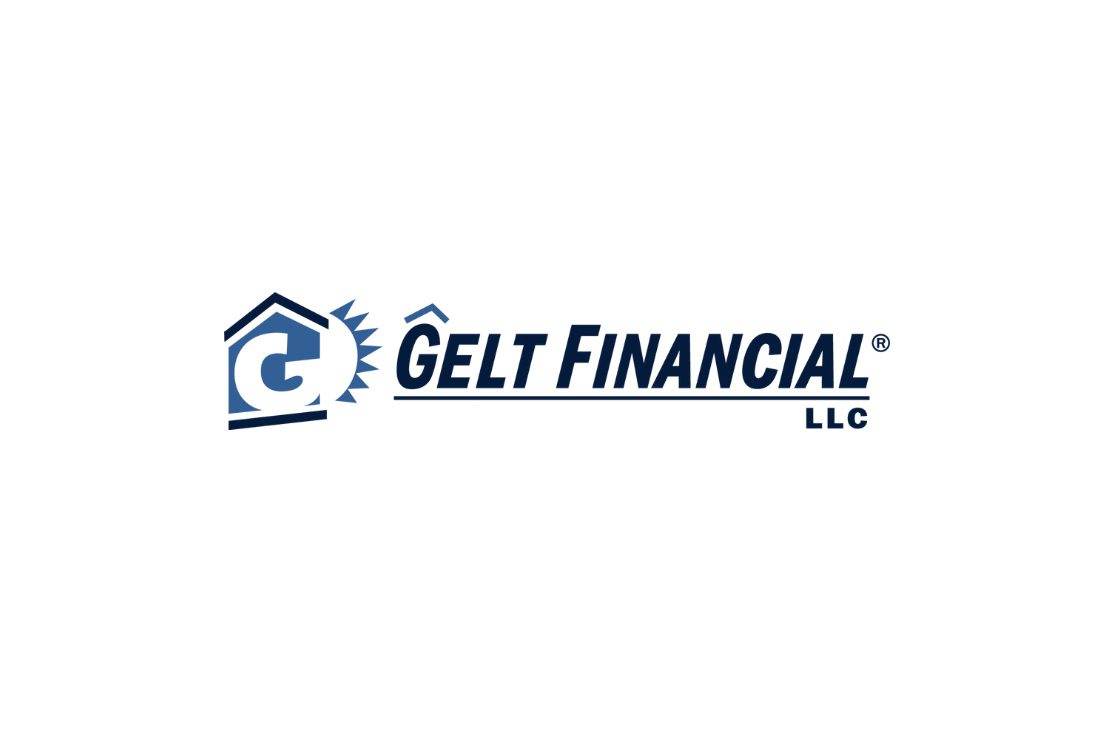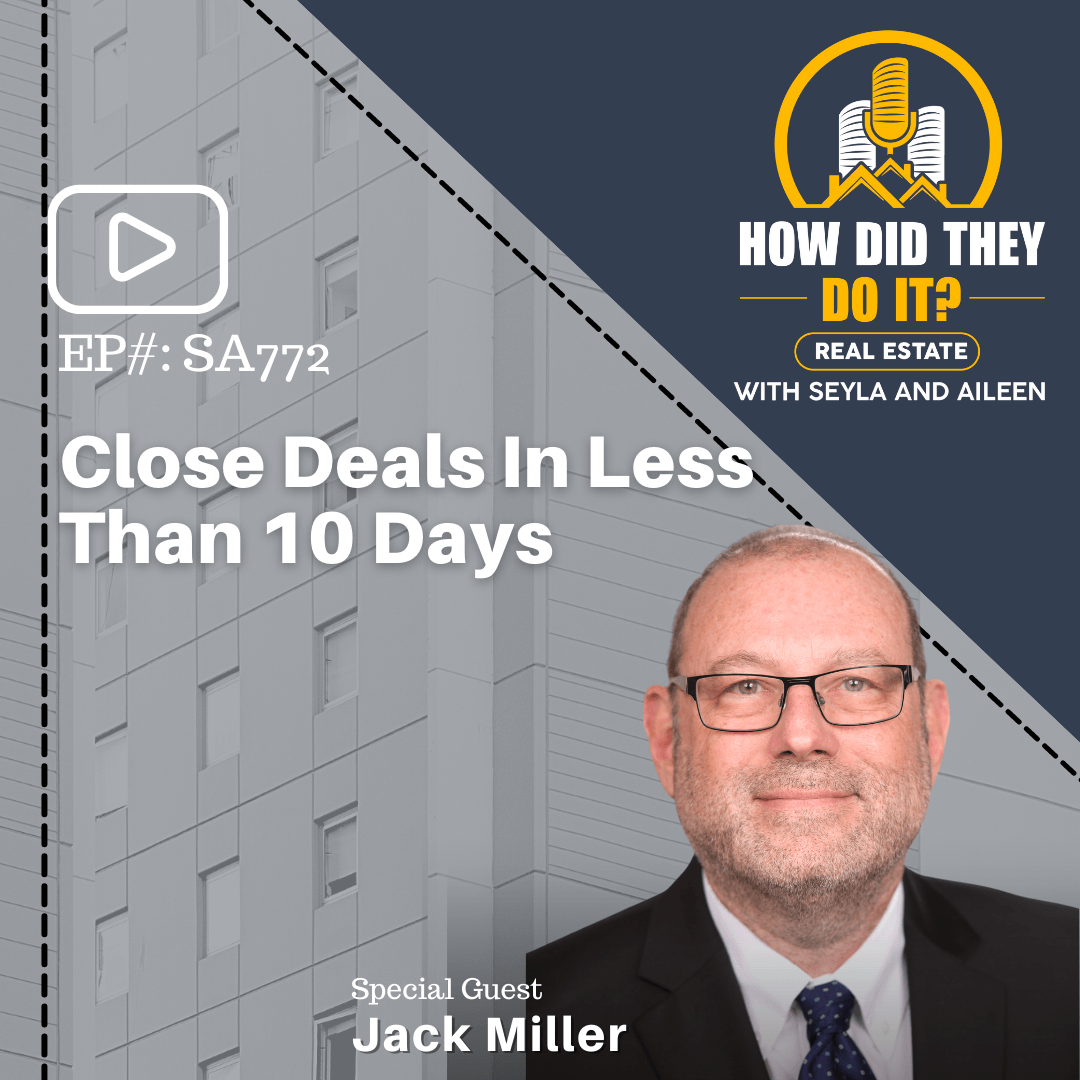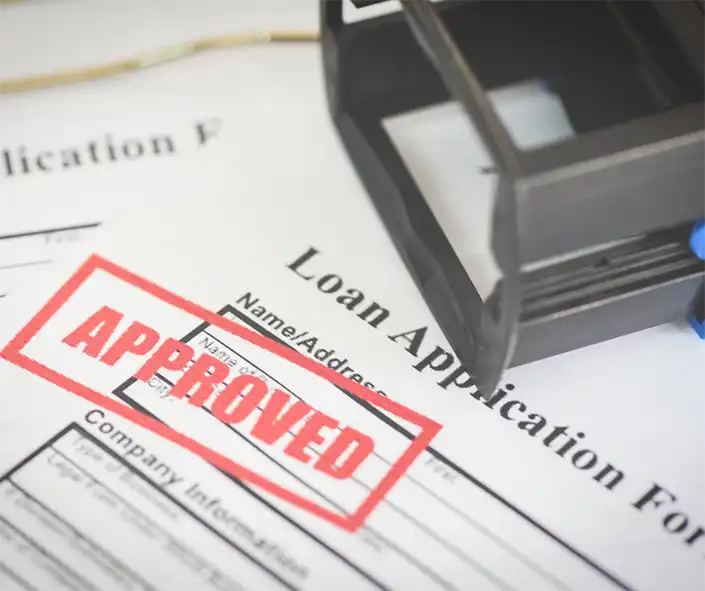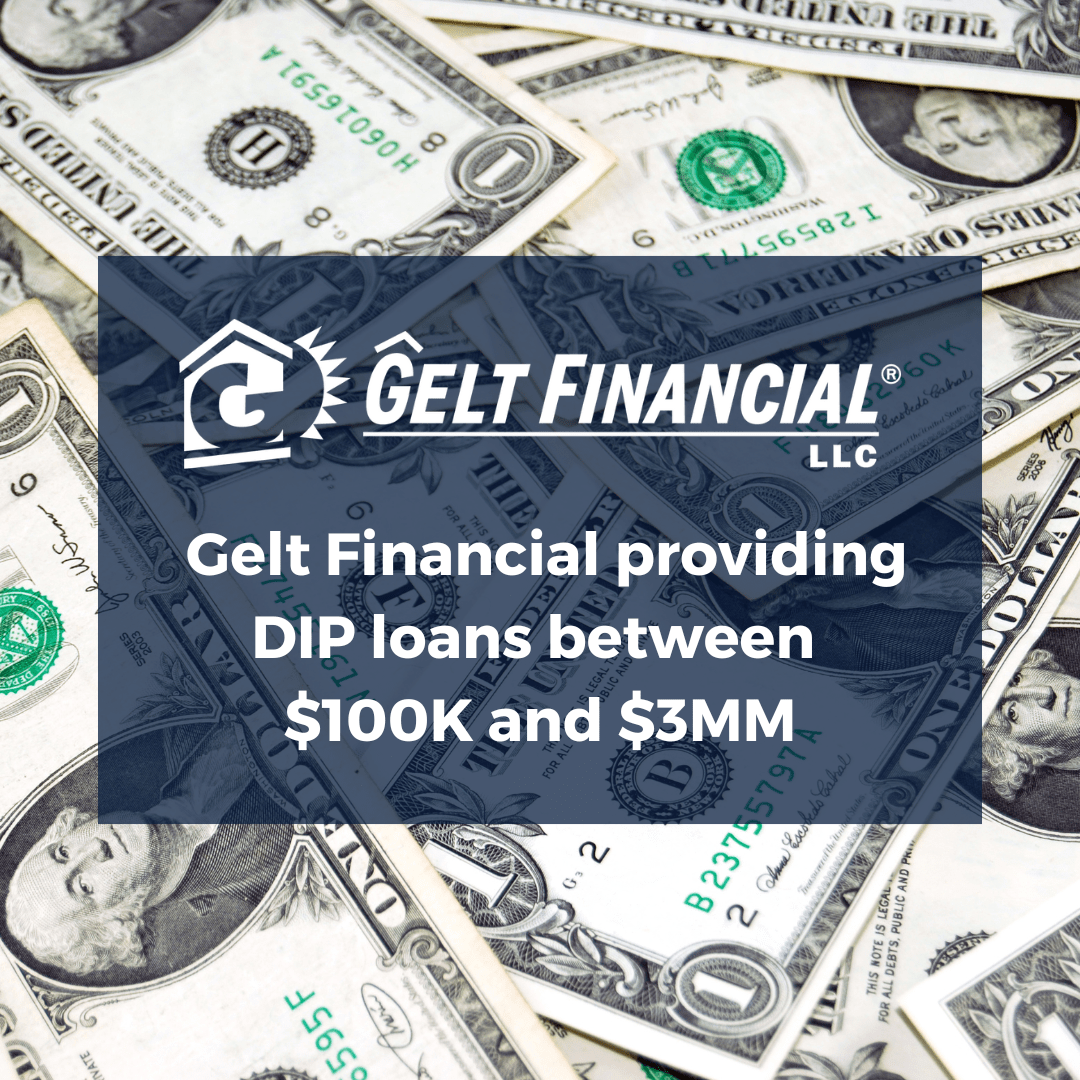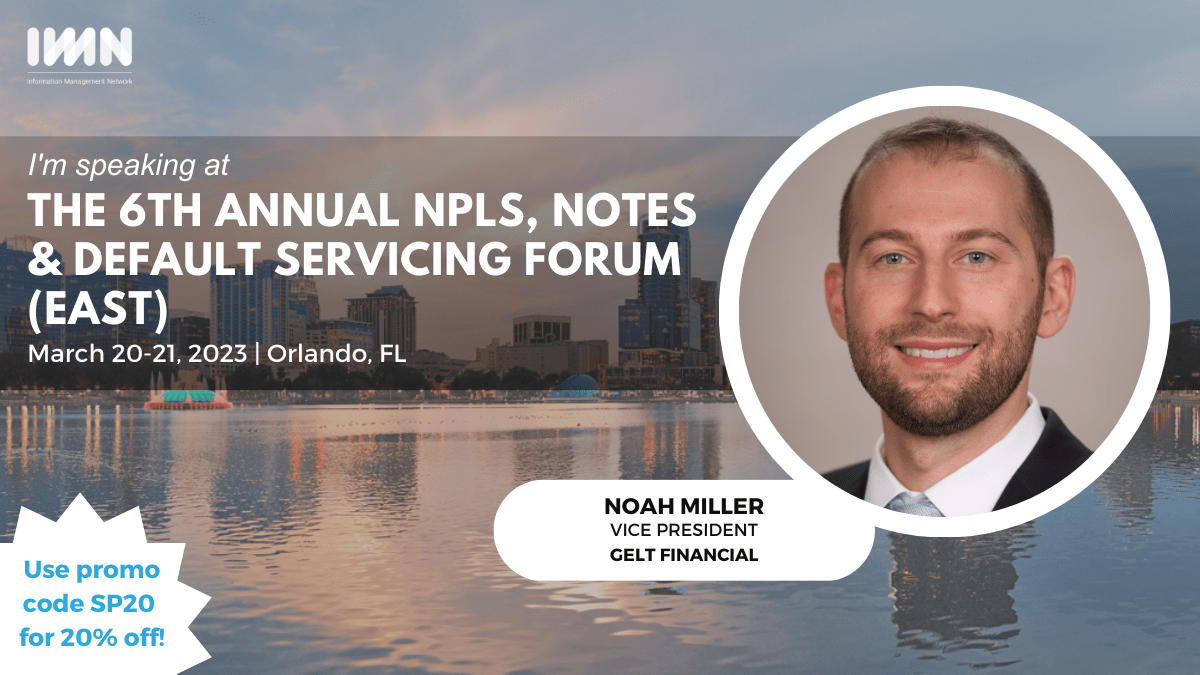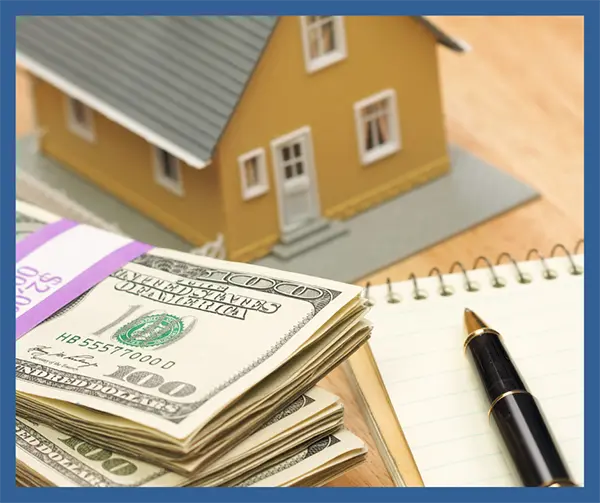Jack Miller gives his opinion on if its wise to pay down a home mortgages faster then the term calls for? Its all comes down to the person you are.
“Hi, this is Jack Miller from Gelt Financial. I got a call, an interesting call the other day, and it’s really not such an interesting call, but it’s really a timely call. I’m making this when in November of 2021, rates are fairly low on residential home mortgages. A friend of mine called me and said, “Hey Jack, I’m refinancing, and I’m currently paying down my loan by, I think he said, an extra hundred dollars a month. What do you think of that? Should I continue to do that?” I think he was paying three and a quarter, and I think he’s refinancing it, let’s say, three. My numbers may be off a little bit, and it really, this is a complicated question. But this is an important question.
You know, when I was growing up, and I’m a different generation, I’m a little bit older, I’m 59 now, the mantra that our parents taught us, and for good reason, was pay down your mortgage. Take out a mortgage and pay it down every month, send in ten dollars, fifty dollars, a hundred dollars, whatever you could send, pay it down. And the goal in life was to be debt-free and mortgage-free, and that’s a really good goal. If anyone knows me, knows I hate debt. It’s funny because I’m in the mortgage business. I deal with debt all the time, and maybe that’s one of the reasons I hate it, because I’ve seen debt, force people and put people into terrible situations, and it causes unbelievable stress on people, which affects not only them, their marriages, their financial life, and they make poor decisions because of it.
So, I’m going to give you, my answer. If the question is, “Should I pay down my mortgage?” It’s not an easy answer. It’s a complicated answer. It’s an easy answer, but it’s not a quick answer. It’s a complicated answer. So, the reality is when I was growing up, the dynamics were different. Maybe interest rates were 10%, and savings rates were 5%. So, if you’re if you’re paying money at 10%, and you can effectively save it and get 5%, there’s a 5% delta. It pays to pay off debt if you can’t get more than 5%. But in today’s world, let’s say an average home loan is 3% or whatever it may be. You do your own mathematics, and you could certainly invest it a lot higher. Yes, money market rates are almost zero today. Treasuries are very low, but a conservative index fund, maybe you’ll yield 10% in this hyper market it’s 15%. But you could clearly invest more than the 3% you’re paying. So, if you have a saver investor mentality, and this is the type of person you are, I would tell you, do not pay down your mortgage at an accelerated rate because if you could borrow money at 3% and invest it at 10%, you have an arbitrage of 7%. You’re doing what large banks are doing. Think about this. All the big banks and all the big investors, they borrow money at very low rates, 3%, and they invest it at 10%, and they’re making a 7% arbitrage.
Look, that’s what I do for a living. I’m in the mortgage business. I borrow and get money at a lower rate, and I lend it out at a higher rate, and I live on the delta that builds up my net worth and that creates a company to enable us to hire people and donate to charity and to live off. So that delta, that arbitrage, that spread is a huge thing. Don’t ignore it. So, again, if you’re able, if you’re a saver and an investor, and you can save the money and invest it at 10% by paying down loan not only picking up 7% spread on your money and again a $100 a month may not see much but over 10 or 15 or 20 years it’s a lot more but you’re also getting a tax advantage because interest is one of the few deductions today so you every time you’re paying it down you’re losing a little bit of a tax advantage so again my answer is very clear if you’re a saver and an investor don’t pay your debt down. Look to invest that debt at a higher rate. Safe, safely, safely. Don’t go for these get-rich-quick schemes and all that. Slow and steady. Run stories.
However, though, a lot of people, and I realize this, a lot of people are not saver investors. It’s just not in their personality. They’re spenders. So, if, on the other hand, you’re going to take that $100, and you’re not going to invest it at a higher rate than the loan, and you’re going to spend that money on something, whatever it may be, then you probably are better off paying the loan down, even though you’re losing the tax advantage, you’re losing the arbitrage. But you may be better off spending it because whatever you’re going to buy, I know it’s me. You know, I want something. My wife wants something. We want something. We want something. We want something. It’s the most important thing in the world. We get it within 24, 48 hours. It’s nothing to us. It’s absolutely nothing. So, if you are, again, that type of personality who spends and doesn’t invest, then you may want to pay that loan down because it’s effectively for savings. So, it really all depends on the type of person you are.
In fact, what you’re seeing a lot of people do in the market now, which is, it’s a good thing. It’s not a bad thing. If they have equity in their home and a lot of equity in their home, they’re borrowing, taking cash out, and investing it. So, picture that same scenario. Let’s say you could borrow money at 3% safely, and I’m talking safely, invested. Forget about 10%, let’s say 8%. Okay, you have a 5% spread. So, if you can invest, if you can take out, let’s say, $300,000 from your home, if you have the equity in it, and you can invest it at a 5% spread, you’re just making, number one, the $300,000 is tax deductible. You’re writing off the interest, or certain limits. I think it’s up to a million dollars in debt on your home, primary residence. There’s certain limits. Check the limits, self-understood. I’m not an accountant, but you’re paying 3%, which is tax deductible, and you’re making 8%, so you have a 5% spread. So, you should have a net $15,000 gain. So, if you do that, you just gave yourself a $15,000 raise, which you could, that may pay off the whole first mortgage, or that you could invest that.
So, a lot of people, and the big guys are using this opportunity of very low interest rates. And you know, people say, “Oh, the rate went up an eighth percent, the rate went down a quarter percent.” Look, the rates are super low now. When I started, I’m 59. I remember doing my first deal at 15 and three-quarters percent as a home loan. Now they’re 3%. So, the rates are super low, and they’ve been super low for 15 years. Maybe they’ll go lower a quarter, an eighth of a point. I’m not talking about that. But the bottom line is you could be a banker, and you could do the same thing that the big guys are doing and arbitrage your equity in your home. Now again, be super careful, and I highlight this, super careful. Only do this on what I call safe investments. If you’re telling me that you’re going to take the money out of your home and buy Bitcoin or penny stocks or day trading, I would probably view, my brother, I’d lock you in the closet. I happen to know a guy who lost his home many, many years ago. He bought; he took out a home equity loan in what he thought was a sure thing on his stock. The bottom line, the bottom fell out of it, and he ultimately had to sell his home because of it. Not a good situation.
So be very careful what you do with that money that you take out of your home and invest ultra conservatively, not conservatively, but ultra conservatively. So that’s my answer. Should you pay down your loan? Use this opportunity now to make money. Don’t be on the sidelines. Be in the game to make money with low interest rates and take advantage of the rates as an arbitrage for you. You have to look at yourself as your own. Everyone today is their own business, your own empire, and you have to say, “How do I build my empire? How do I build my business?” And a lot of that is using debt goodly, or goodly probably isn’t even a word. Using debt for your benefit. Again, there’s good debt and there’s bad debt. Make sure you use your debt for good. Invest money, save money, be an investor, be a saver. Try not to be a spender. I know it’s hard. It’s resisting all the ads and the glamour and all that. But the truth is, most of what you want to buy, don’t buy it. It’s a total waste of time.
Anyway, I hope you liked the video. Leave questions. I’ll answer them. Like it. Hit the bell with the button if you have any. Oh, hit the bell or the button if you want to subscribe to it or you like it. Leave your questions. Check us out at geltfinancial.com. Remember, have a fantastic day. That’s the most important thing. Life is short. You’ve got to enjoy yourself.”
Category: Education
Tag: mortgage payment






